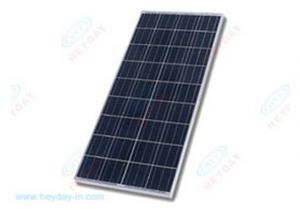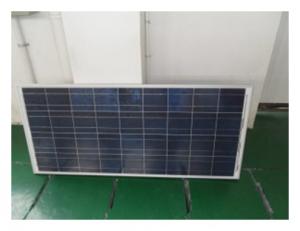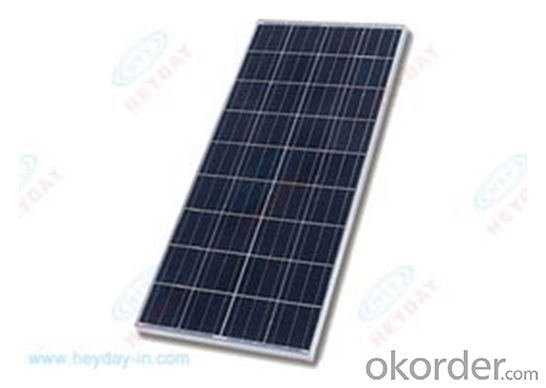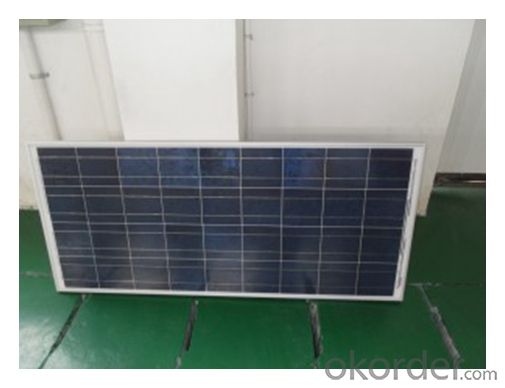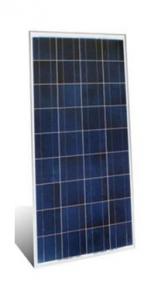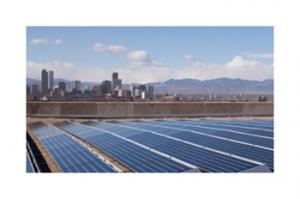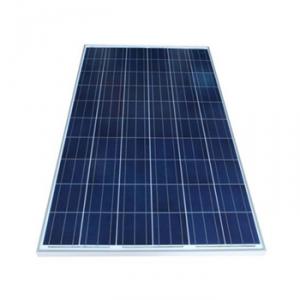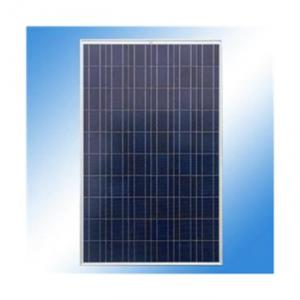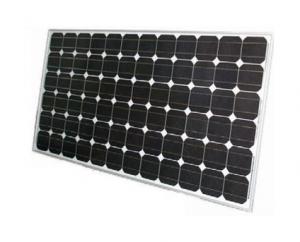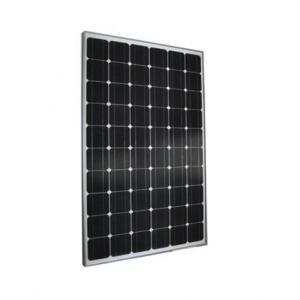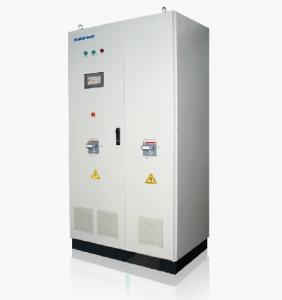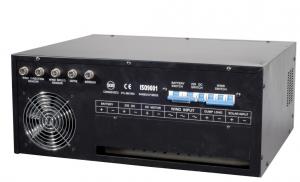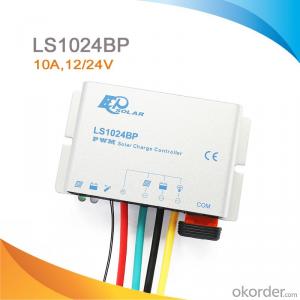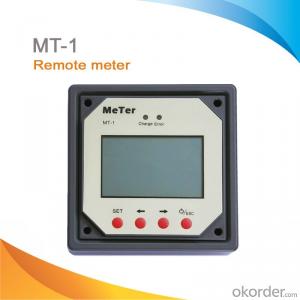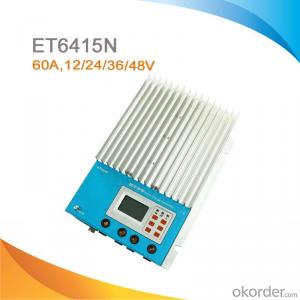Solar Battery Controllers Compatible Poly-Crystalline 135W 156*156 Solar Modules
- Loading Port:
- China Main Port
- Payment Terms:
- TT or LC
- Min Order Qty:
- -
- Supply Capability:
- -
OKorder Service Pledge
OKorder Financial Service
You Might Also Like
Solar Module Descriptions:
PV systems use the most abundant energy source on the planet, solar radiation, to generate electricity. They are silent, consume no fuel and generate no pollution. They also contribute to the reduction of greenhouse gas emissions; a 2kW PV system on a house will prevent the emission of about 40 tonnes of CO2 during its projected 30 year lifetime. Furthermore, the use of PV will reduce your electricity bills and exposure to fluctuating and steadily rising electricity prices.
Customers benefit from our progressive system innovations. Around the world, we meet our customers' desire for the greatest possible reliability, long-term performance and aesthetic integration. No matter which kind of roof – we always have the right solution.
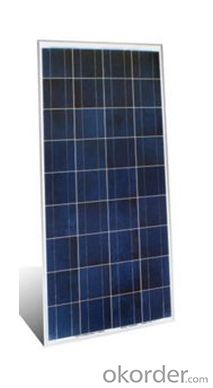
Electrical Characteristics
Max-power (W) | 135 |
Max-Power Voltage (V) | 18.0 |
Max-Power Current (A) | 7.5 |
Open-Circuit Voltage (V) | 21.85 |
Short-Circuit Current (A) | 8.18 |
Mechanical Characteristics
Cable type, Diameter and Length | 4mm2, TUV certified, 1000mm |
Type of Connector | Compatible with MC4 plug |
Arrangement of cells | 4*9 |
Cell Size | 156*156 |
Dimension | 1482*676*40 |
Weight | 12Kg |
Glass, Type and Thickness | High Transmission, Low Iron, Tempered Glass 3.2mm |
Features
Guaranteed positive tolerance 0/+5w ensures power output reliability
Strong aluminum frames module can bear snow loads up to 5400Pa and wind loads up to 2400Pa.
Excellent performance under low light environments (mornings evenings and cloudy days)
12 years for product defects in materials and workmanship and 25 years for 80% of warranted minimum power.
Certifications and standards: IEC 61215.
Manufactured according to International Quality and Environment Management System (ISO9001, ISO14100).
FAQ
Q: Do you have any MOQ limit?
Our MOQ is 200 pieces.
Q: How long is the warranty period for the solar modules?
15 years 90% of its nominal power rating.
25 years 80% of its nominal power rating
Q: What kind of loads can I run on PV?
With a correctly designed PV system you can power almost any electrical load. However, as the load size increases the expense also increases. Loads like hot water heaters, air conditioners, room heaters and electric stoves should be avoided. The added cost of trying to power loads like these is very cost prohibitive. If these loads have to be powered it will be a lot less expensive to change the appliance to use an alternative fuel type like propane.
- Q: How does a solar controller handle voltage drop in the wiring?
- The regulation of voltage drop in the wiring is managed by a solar controller through the implementation of PWM (Pulse Width Modulation) regulation. When there is a drop in voltage between the solar panels and the controller, the controller compensates for it by modifying the duty cycle of the PWM signal. Continuously monitoring the voltage at the panels, the solar controller compares it to the desired voltage. Should there be a decrease in voltage due to wiring resistance, the controller increases the duty cycle of the PWM signal. This adjustment allows for a greater flow of current through the wiring, thereby compensating for the drop in voltage. Through the manipulation of the duty cycle, the controller is capable of maintaining a consistent voltage at the panels, ensuring that the maximum power output is attained. This is of utmost importance as voltage drop in the wiring can significantly diminish the efficiency of the solar system, resulting in reduced power generation. In addition to the utilization of PWM regulation, certain advanced solar controllers also incorporate MPPT (Maximum Power Point Tracking) technology. MPPT controllers have the ability to dynamically modify the voltage and current, optimizing the power output from the solar panels. This technology further enhances the controller's capacity to manage voltage drop in the wiring and optimize the performance of the system.
- Q: How does a solar controller prevent reverse current flow?
- A solar controller prevents reverse current flow by utilizing diodes that act as one-way valves, allowing current to flow from the solar panel to the battery but not in the opposite direction.
- Q: Can a solar controller be used in a solar-powered satellite system?
- Yes, a solar controller can be used in a solar-powered satellite system. The solar controller helps regulate and optimize the charging and discharging of the satellite's batteries, ensuring efficient use of the solar power generated by the satellite's solar panels. It protects the batteries from overcharging and helps maximize the lifespan of the batteries in the satellite system.
- Q: Can a solar controller be used with solar panel ground mounts?
- Yes, a solar controller can be used with solar panel ground mounts. A solar controller is responsible for regulating the charge to the battery bank and preventing overcharging or over-discharging. It is independent of the mounting system, whether it is a ground mount or a rooftop installation. The solar controller's primary function is to manage the power output from the solar panels, ensuring optimal performance and protection for the battery system.
- Q: What is the price range for a solar controller?
- The price range for a solar controller can vary depending on the brand, features, and specifications, but generally, they can range from $20 to $200.
- Q: Can a solar controller be used with solar-powered indoor food preservation systems?
- Yes, a solar controller can be used with solar-powered indoor food preservation systems. A solar controller is a device that regulates the charging and discharging of batteries in a solar power system. It ensures that the batteries are charged efficiently and protects them from overcharging or overdischarging. In the case of solar-powered indoor food preservation systems, the solar controller plays a crucial role in managing the power supply. It helps optimize the use of solar energy by monitoring the battery voltage and adjusting the charging process accordingly. This ensures that the batteries are always charged to their optimal levels, maximizing the system's efficiency. Additionally, a solar controller can also provide important information about the system's performance, such as battery status, charging current, and voltage. This data can be used to assess the system's overall health and make any necessary adjustments or repairs. Overall, a solar controller is an essential component of a solar-powered indoor food preservation system, as it helps regulate and optimize the power supply, ensuring efficient operation and long-lasting battery life.
- Q: Can a solar controller be used with different types of solar panel snow removal systems?
- Yes, a solar controller can be used with different types of solar panel snow removal systems. A solar controller is an essential component of a solar power system, responsible for regulating the charge and discharge of batteries and protecting them from overcharging or over-discharging. It does not directly interact with the snow removal system itself. The snow removal system, on the other hand, can vary based on the specific design and technology used. There are different types of solar panel snow removal systems available in the market, such as heating elements, mechanical brushes, or tilting mechanisms. These systems are designed to remove or prevent snow accumulation on solar panels, ensuring optimal performance. While the solar controller does not directly control or interact with the snow removal system, it plays a crucial role in managing the overall power system. It ensures that the batteries are charged efficiently from the solar panels and that excess power is not wasted or lost. This is particularly important during periods of snowfall when solar panel output can be reduced due to snow cover. In summary, a solar controller can be used in conjunction with different types of solar panel snow removal systems. It ensures efficient charging of batteries from solar panels, which indirectly supports the operation of the snow removal system by maintaining a steady power supply.
- Q: Choose a solar controller which need to have a few conditions
- According to your specific application environment, first determine whether to select the charge controller or charge and discharge controller. Two applications of input and output power level, the input power is mainly solar panels, and the controller is basically in accordance with the current to count. For example, 12V system 120 wrench that should be selected at least rated 10A controller. While the actual system current 7A or so is the other security margin.
- Q: Can a solar controller be used with solar panel tracking systems?
- Yes, a solar controller can be used with solar panel tracking systems. A solar controller is responsible for regulating the voltage and current flowing between the solar panels and the battery or load. By using a solar controller, the solar panel tracking system can effectively manage and optimize the power output from the solar panels, ensuring efficient charging and preventing overcharging of the battery.
- Q: Can a solar controller be used with solar-powered water treatment plants?
- Yes, a solar controller can be used with solar-powered water treatment plants. A solar controller is responsible for regulating and optimizing the charging and discharging of batteries in a solar system. Since solar-powered water treatment plants rely on solar panels to generate electricity, a solar controller is essential to ensure efficient utilization of solar energy and to protect the batteries from overcharging or excessive discharge.
Send your message to us
Solar Battery Controllers Compatible Poly-Crystalline 135W 156*156 Solar Modules
- Loading Port:
- China Main Port
- Payment Terms:
- TT or LC
- Min Order Qty:
- -
- Supply Capability:
- -
OKorder Service Pledge
OKorder Financial Service
Similar products
Hot products
Hot Searches
Related keywords
